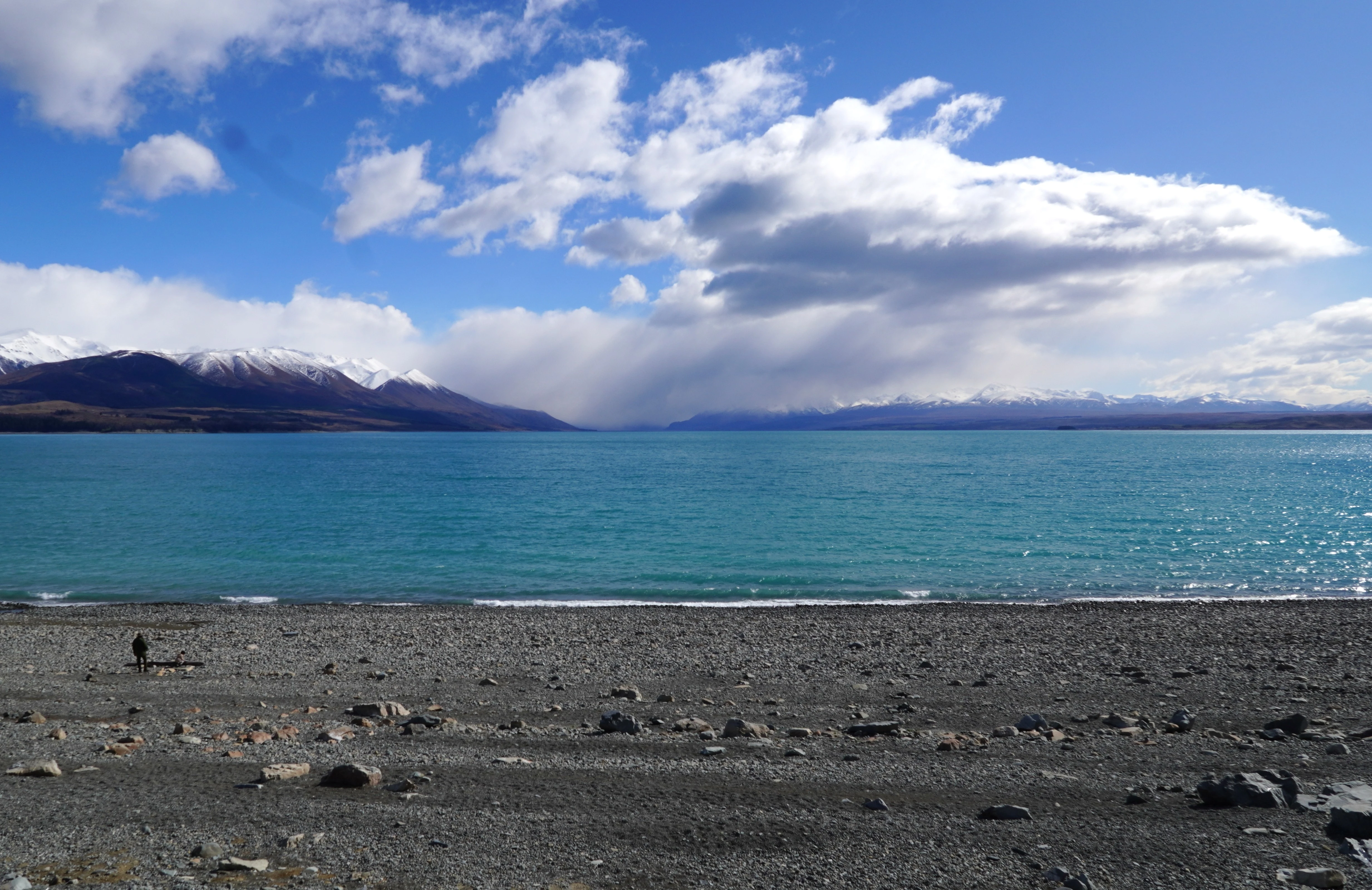A cold and miserable start to spring may have limited enjoyment and outdoor opportunities for Kiwis all over the country, but it has provided perfect conditions for generating electricity from renewable sources.
After spending the winter recovering from low inflows in early 2025, September saw national hydro storage rise from 79% to 110% of historical average. Meridian’s monthly inflows were 181% of the historical average in September 2025, lifting Waitaki storage to 91% of average. Snow storage in the Waitaki catchment, which includes Lake Pūkaki – New Zealand’s largest hydro storage lake - also now sits above average which bodes well for inflows over the coming weeks and months.
“Winter 2025 wasn’t a dry winter in the end, but we have experienced a number of them over the years and we’re happy with how things stand heading into summer and with snow melt ahead of us,” says Meridian Chief Executive Mike Roan.
“At the same time, we have seen wholesale electricity prices ease in both the spot market and futures curve. The electricity system has become very good at managing dry winters, but there are some simple ways we can lift our game to do even better.”
Meridian welcomed the release of the Government Energy Package with its focus on additional near-term firming generation, potentially including LNG imports. The company has also agreed with Genesis, Contact and Mercury to put in place the Huntly Strategic Energy Reserve – a 10-year deal to ensure coal reserves are in place to help manage dry year risk. The Commerce Commission has provided indicative approval, with a final decision expected in the coming months.
And in recent weeks Transpower has released a draft proposal that would improve the ability of electricity generators to access water in the lower ranges of hydro lakes - known as contingent storage – and use it for electricity generation. Currently, access to contingent storage is difficult if not impossible. Meridian is also exploring other options to improve access through the Fast Track approvals process.
“Unblocking access to contingent storage to ensure it’s available when needed would improve the security of New Zealand’s electricity system in a way that’s quicker, cheaper and cleaner than almost any other option out there," says Mike Roan.
"It’s unlikely that we’d actually need to access contingent storage, but knowing we can access it if needed would provide much more certainty for the entire sector.”
